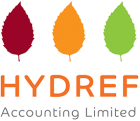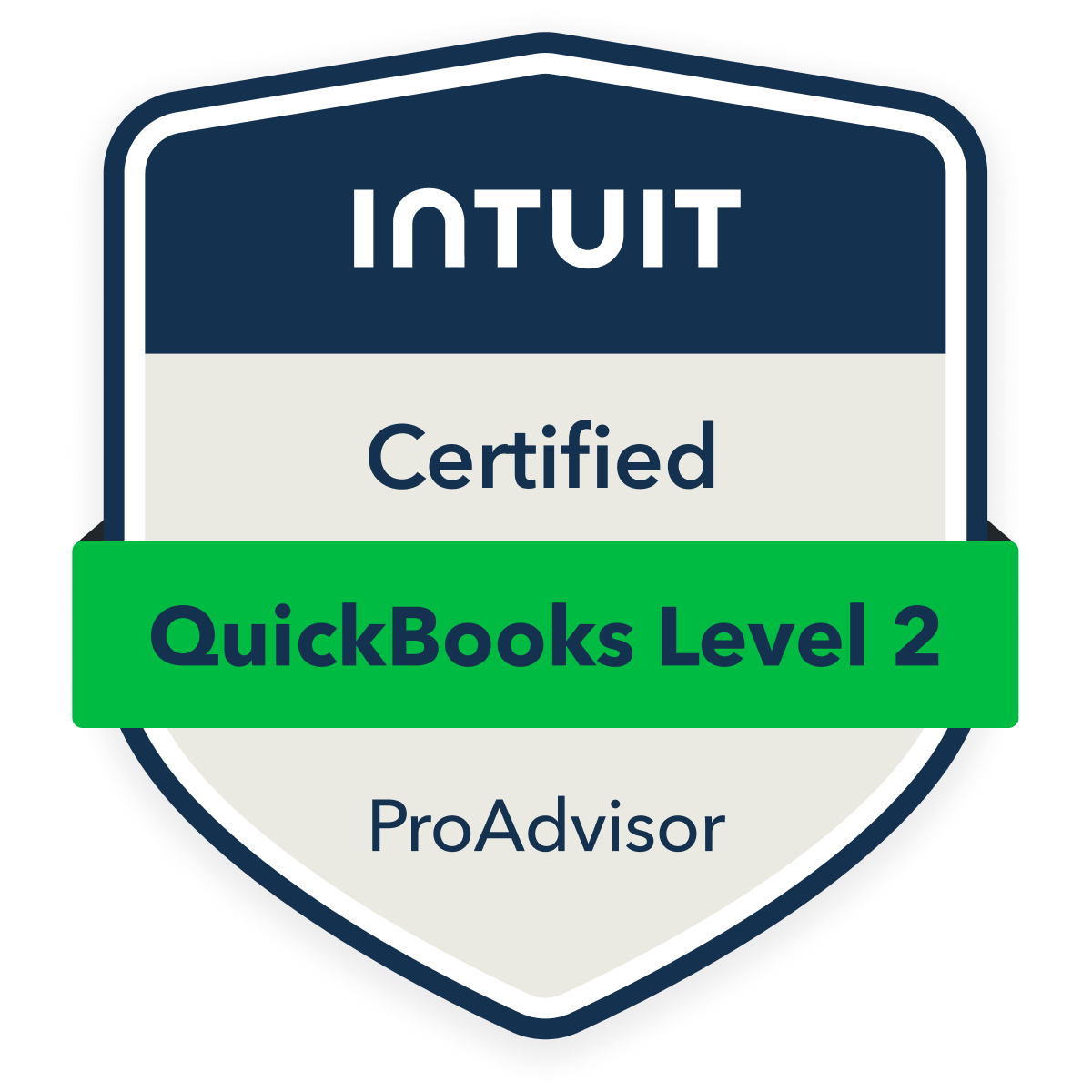In recent years accountants have evolved far beyond their traditional bookkeeping and compliance roles. Accounting professionals now act as strategic advisors, helping clients identify, assess, and mitigate risks that could threaten their operations. The foundation of effective risk management lies in two critical areas: comprehensive process documentation and streamlined daily operations.
Process documentation
Documented processes serve as the mainstay of risk mitigation strategies. When accountants work with clients to map out and record significant business procedures, they create a safety net that protects against human error, regulatory compliance failures, and operational disruptions.
Effective documentation begins with identifying all business processes, from invoice processing and payroll management to inventory tracking and financial reporting. Each process should be broken down into clear, step-by-step procedures that specify who is responsible for each task, what approvals are required, and how exceptions should be handled. This level of detail ensures that knowledge isn’t confined to individual employees and reduces the risk of costly mistakes when staff turnover occurs.
Fully documented processes enable accountants to conduct regular risk assessments. By reviewing these procedures quarterly or annually, they can identify potential vulnerabilities before they become significant problems. For instance, a documented accounts payable process might reveal that only one person has authority to approve payments above £10,000, creating a bottleneck that could delay critical supplier payments.
Streamlining for risk reduction
Streamlined operations directly link to reduced exposure to risk. When daily processes are efficient and standardised, there are fewer opportunities for errors, delays, and miscommunications which can lead to financial losses or compliance issues.
Accountants should focus on eliminating redundant steps and automating routine tasks wherever possible. Digital workflows can replace manual approvals, reducing processing time and creating automatic audit trails. Cloud-based accounting systems enable real-time collaboration whilst maintaining version control, ensuring that all stakeholders work with the most current information.
The implementation of standardised templates and checklists further reduces risk by ensuring consistency across all operations. Whether it’s month-end closing procedures or client onboarding processes, having predetermined steps helps prevent oversights that could result in regulatory penalties or client dissatisfaction.
Technology as a risk management tool
Modern accountants must use technology to enhance risk management for their clients. Automated reconciliation tools can flag discrepancies immediately, rather than discovering them weeks later during manual reviews. Expense management platforms can enforce spending policies in real-time, preventing unauthorised expenditures before they occur.
Data analysis tools enable accountants to identify patterns and anomalies that might indicate fraudulent activity or operational inefficiencies. Regular monitoring of key performance indicators helps spot trends that could signal emerging risks, allowing for proactive rather than reactive management.
Building client confidence through transparency
When accountants implement robust process documentation and streamlined operations, they provide clients with greater visibility into their business operations. This transparency builds trust and enables more informed decision-making. Clients appreciate knowing that their financial affairs are managed systematically, with clear accountability and regular monitoring.
Regular reporting on process improvements and risk mitigation measures demonstrates the accountant’s value beyond traditional number-crunching. It positions them as strategic partners invested in the client’s long-term success.
Effective risk management through process documentation and operational streamlining requires ongoing commitment and regular review. Accountants who embrace this approach not only protect their clients from potential threats but also position themselves as indispensable advisors in an increasingly competitive marketplace. By investing time in these foundational elements, accounting professionals create lasting value that extends far beyond the traditional scope of their services, ultimately contributing to their clients’ sustained growth and success.
My experience runs from time spent in corporate finance, to managing an accountancy practice, and my own business. Working with platforms such as Xero and Sage, I can help you bring your financial management and reporting into line with your plans for the next stage of your business journey Get in touch 03333 449270 or book an appointment through my Calendly link.



